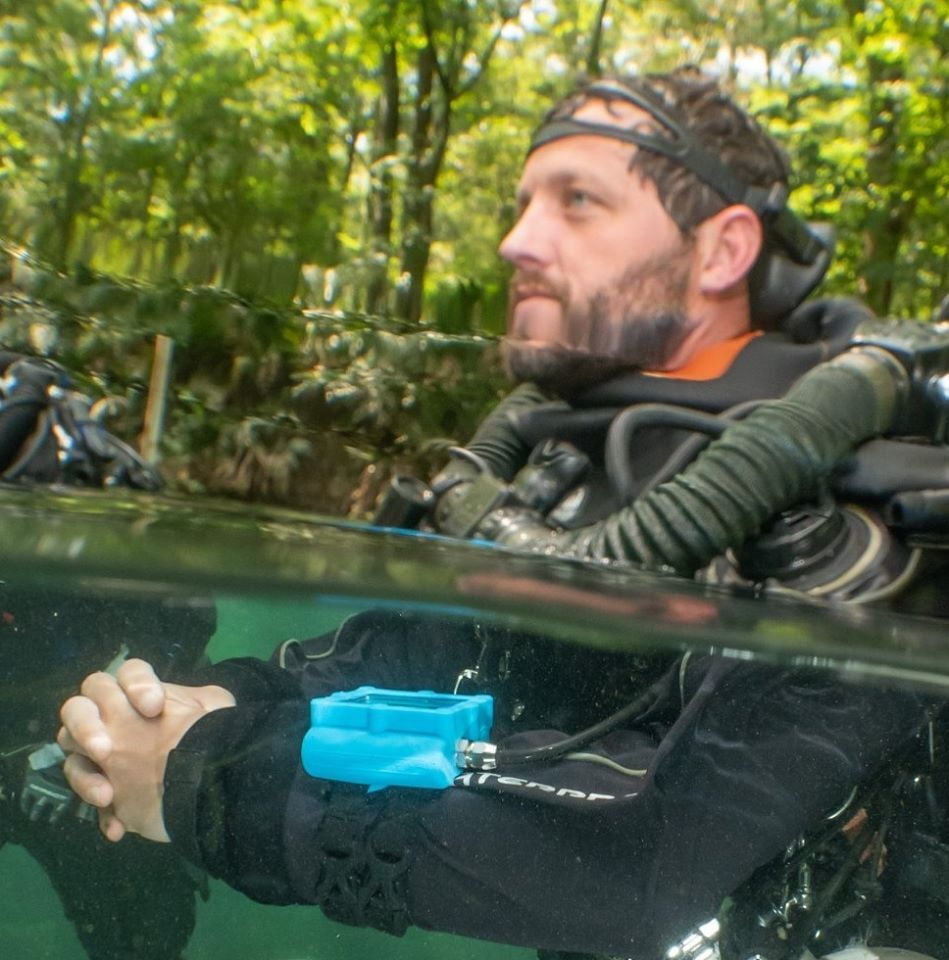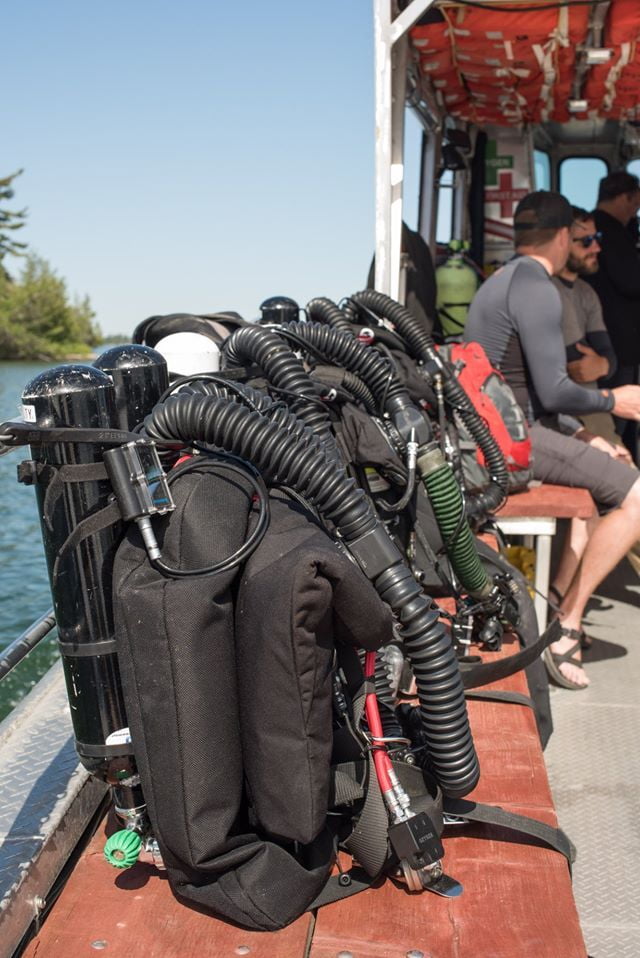Taking the jump to technical training opens up the depths and far reaches of the underwater world. It's truly an adventure, and one of the coolest hobbies out there. The training we offer for technical diving is unique not only in general, but also in this unique community of instruction. You will find differences in program intensity, structure and detail compared to recreational or even professional programs you may have been apart of in the past.
Each course is custom tailored to the group, but you should expect a few things to be universal across all groups and courses. Some of the most important parts of a technical training dive are the "rituals" that happen before and after each dive. You should expect the rituals as part of your training program and fun dives afterwards. We call them rituals not only because they're universal across all groups, but also because they' performed religiously, every. single. time.
Instructional Briefings
Before each day, activity, and dive, your instructor will run through the most important aspects of the activity. You should always have a clear understanding of the team roles, mission, and timeline. If you forget, or need clarification, always ask. The instructor's goal is to set you up for success and this information is vital for that.

Team Checks

After the team concludes their debrief, which will at a minimum contain items 1-3 above, the instructor will provide feedback. This is ideally done in water and reinforced later with video feedback. The purpose of this feedback is to make changes and improvements dive-to-dive.
1. Feedback items for the team
2. Feedback items for individuals
Attitude
During technical courses you should expect to run into situations where you struggle some and your comfort zone is extended. While we should actively try to avoid mistakes it's expected in technical training and important to identify and fix them. To facilitate this process we encourage an open platform for discussion throughout the course and especially in the debriefs. You should feel comfortable saying "I didn't do this task well" without fear of judgement from teammates. However, you should never say that phrase, or any phrase like it. The correct thing to say in that situation is "I didn't do this task well, if it happens again I will do XYZ to correct it". Diving is fun, and focusing on failures is not only lame, but it's also not productive. Success is the ability to identify and overcome obstacles.
Technical diving courses are not inexpensive. These rituals and the open communication of the team/instructional environment are part of what you're paying for. Successful predives and postdives are tools to mitigate risk.
